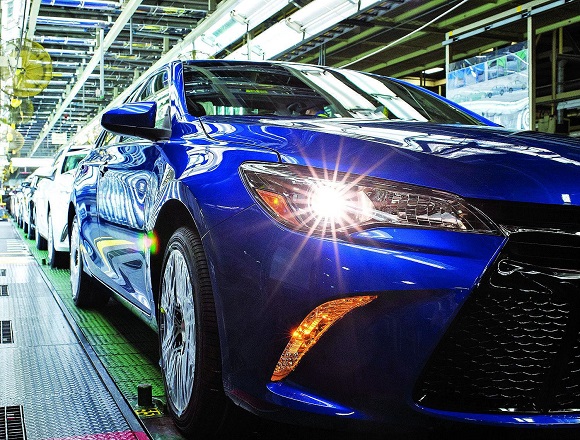Detroit based Automotive News, one of the auto industry’s world leading business publications with award-winning editorial coverage, announced that Toyota will begin producing a new-generation Corolla in the Mexican state of Guanajuato by the year 2019.
Never known for radical changes, Toyota Motor Corp. is about to make a radical change.
And it is relying heavily on its suppliers to figure out how.
Toyota’s plan to build the next-generation Corolla at a new factory in central Mexico in 2019 will take the automaker and its supply chain through a makeover on how they design, produce and deliver parts; how Toyota designs and produces vehicles from them; what materials the group uses; and how the chain makes product changes along the way.
Simply constructing an auto factory is a tall enough task for any manufacturer. Building one in a location where the automaker has no real track record is even more challenging. But when Toyota’s $1 billion plant in the Mexican state of Guanajuato comes online, it will be the first operation built from the ground up to embrace the Toyota New Global Architecture.

Production of the Camry will help Toyota figure out the logistics of the new system. (Photo: autonews.com)
TNGA, as company executives call it, is a response to the Great Recession of 2009 and the economic and product-preference changes that followed. It is the result of Toyota’s decision to make its vehicles more flexible in design and lighter in weight; to make its factories smaller and nimbler; and to make supply chains all over the world better able to change course on short notice, more capable of improving their products and better able to help Toyota compete.
It’s a handful.
And until now, Toyota officials have shed scant light on the details of how it all will work. But as planning and execution get underway for the Mexico project, North American officials are beginning to reveal some of their thinking on what they want and how they will get there.
“We’ve had many, many communication meetings with suppliers,” Robert Young, Toyota’s North American senior vice president for purchasing, told Automotive News. “We’ve had this tremendous amount of go-and-see with suppliers in Mexico, to their plants in Japan as well, so we’re trying to ensure that our suppliers clearly understand what we’re trying to accomplish, how and when, so that they can align their schedules accordingly.”
Click here for full article
Source: http://www.autonews.com/

